In your kitchen there are many things that contain bacteria. It is good to know how long before a particular product or subject of the kitchen should be discarded.
It's bad to throw food away, but sometimes it must be done in order to prevent diseases. For many, food is easy to tell when to throw away. But what about eggs or pizza? They may look good, but are already filled with bacteria.
Coffee with milk can stand at room temperature one hour, then you can store it in the refrigerator for no more than two hours. Then it should be discarded.

To see if the eggs are fresh, soak them in a bowl with cold water. If the eggs fall to the bottom, this means that they are fresh. If, however, they float upward, that means they are quite old and it is not advisable to eat them.
Even when stored in the refrigerator, the products can not stay too long and they start to develop bacteria. Eggs must be stored in the shaded part of the refrigerator.
The finished pizza, that is not eaten can be left at room temperature for two hours. It may then be stored in a refrigerator three days if inserted into a plastic container, wherein the pieces are spread.

Baby purees can generally be stored in the refrigerator 24 hours after opening, then it is not recommended to be given to infants.
Spices should also be disposed of at some time since losing aroma and taste. For spice powder, shelf life is 1 year for spices like nutmeg, it is 2 years and roots like ginger - 3 years. It is better to check inscription dates when placing the spices in their storage boxes.
The sponge for washing dishes is filled with all sorts of bacteria. Two weeks after buying the sponge, it is now ready for disposal. To prevent bacteria during use of the sponge, wash it every day with boiling water, let it run over two minutes.
Seventh, we need to dispose your kitchen of cracked and peeled plates and cups, as well as pots. Even small cracks or stripped part, become an input for many different types of microbes. So no matter how much you feel sorry for your favorite dish, discard it as soon as it gets a crack or a piece of it broke off.
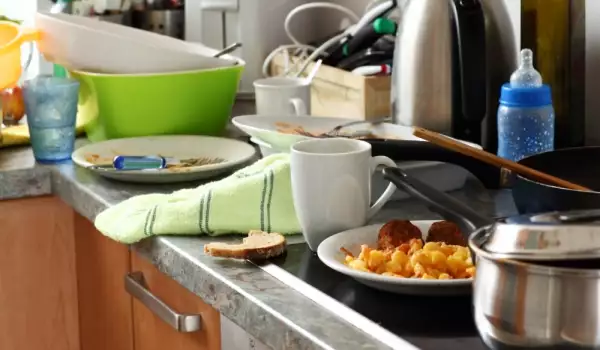

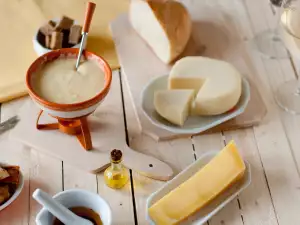
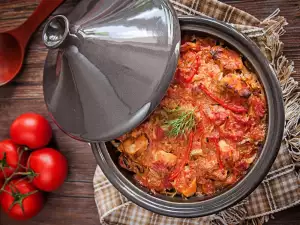
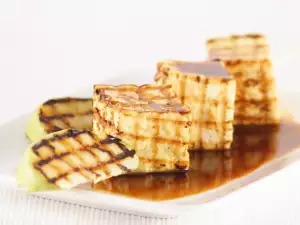
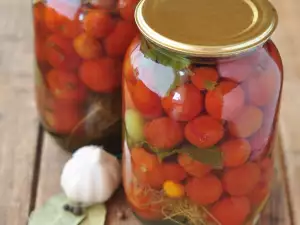
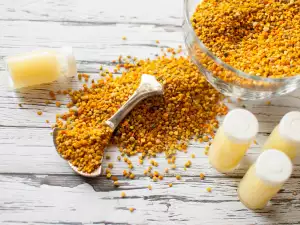

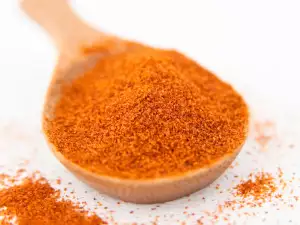
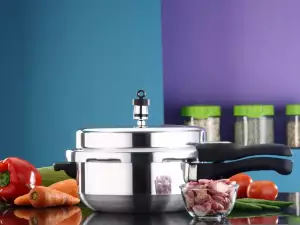









Comments